Wealth and want equally harden the human heart

Wealth and want equally harden the human heart
Theodore Parker, a prominent American theologian and abolitionist in the 19th century, was a firm believer in the idea that wealth and want equally harden the human heart. This belief was rooted in his observations of society and human behavior, as well as his own personal experiences.Parker saw how wealth could corrupt individuals, leading them to become selfish, greedy, and indifferent to the suffering of others. He witnessed how the pursuit of wealth often consumed people, causing them to prioritize material possessions over human relationships and moral values. This hardening of the heart, he believed, was a result of the insatiable desire for more wealth and power, which blinded individuals to the needs and struggles of those less fortunate.
On the other hand, Parker also recognized how want could harden the human heart in a different way. Poverty and deprivation could lead individuals to become bitter, resentful, and desperate, causing them to lose faith in humanity and succumb to feelings of hopelessness and despair. The constant struggle for survival in the face of poverty could erode one's sense of compassion and empathy, making it difficult to see beyond one's own suffering and hardships.
For Parker, the hardening of the human heart caused by wealth and want was a universal phenomenon that transcended social and economic boundaries. He believed that both the rich and the poor were susceptible to this hardening of the heart, as it was ultimately a reflection of the human condition and the inherent flaws of human nature.

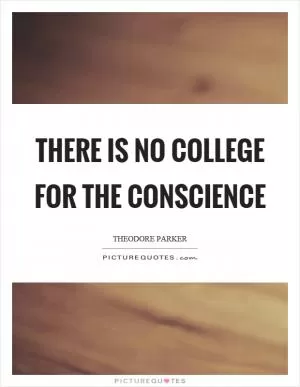



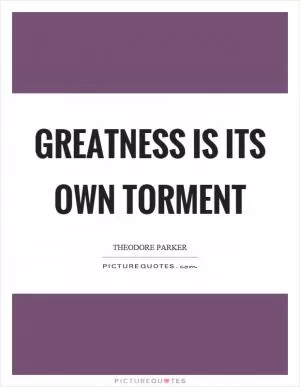
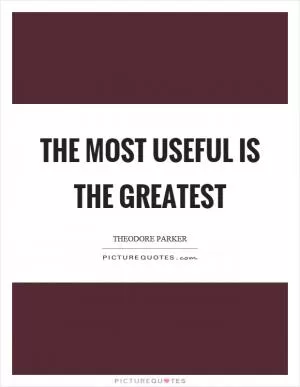



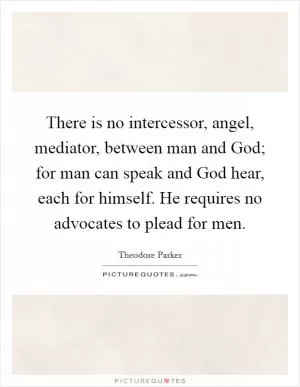
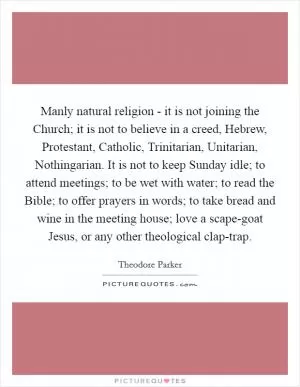
 Friendship Quotes
Friendship Quotes Love Quotes
Love Quotes Life Quotes
Life Quotes Funny Quotes
Funny Quotes Motivational Quotes
Motivational Quotes Inspirational Quotes
Inspirational Quotes